África/Sudáfrica/Octubre de 2016/Autor: Nicola Mawson/Fuente: IOL
RESUMEN: El Ministro de Finanzas Pravin Gordhan esta cambiando dinero por la educación y la formación en la escuela, a pesar del entorno fiscal restrictivo en el que se encuentra Sudáfrica. El ministro presentó en el Parlamento el miércoles la política de presupuesto en la Declaración de Mediano Plazo, reconoció que el movimiento de estudiantes universitarios que exigen que las «cuotas deben caer» ha colocado el tema de la financiación de la educación en el centro del debate político. También ha generado sugerencias de bienvenida sobre la forma de financiar la educación superior «. La campaña #FeesMustFall, que comenzó justo antes del examen 2015, tomó impulso este año, con muchas protestas que se tornaron violentas en los campus de todo el país. El Servicio de Policía de Sudáfrica también fue acusado de ser demasiado excesivo en el uso de la fuerza para reprimir las manifestaciones.
Finance Minister Pravin Gordhan is shifting more money to post school education and training, despite the tight fiscal environment South Africa finds itself in.
The minister – presenting the Medium-Term Budget Policy Statement in Parliament on Wednesday, acknowledged that the movement of university students demanding “fees must fall” has placed the issue of education funding at the centre of the policy debate.
“It has also generated welcome suggestions on how to fund tertiary education.”
The #FeesMustFall campaign, which kicked off just before the 2015 examination round started, gathered momentum this year, with many protests turning violent at campuses across the country. The South African Police Service was also accused of being overly excessive in its use of force to quell the demonstrations.
Gordhan says, in documents tabled for the budget vote, that the so-called mini budget will accelerate growth of spending on post-school education, with subsidies to universities growing at 10.9 percent a year, while transfers to the National Student Financial Aid Scheme growing at 18.5 percent a year.
In 2016, the entire post-school sector received R68 billion in funding, of which R11.42 went to NSFAS and R28 billion in allocations to universities. These figures will now be grown at an expanded rate, as government usually increases allocations in line with inflation.
Government proposes an additional R17.6 billion to post-school education and training in the 2017 budget. Total allocations to these institutions over the medium term grow at 11 per cent each year, National Treasury’s documents show.
Gordhan also noted that, over the past five years, spending on education and training has grown much faster than other budgets – growing from a percent of gross domestic product (GDP) in 2008 to 1.5 percent.
Spending on education also increased because of the agreement to not impose an increase on fees in 2016, and the 8 percent cap on next year’s fees, with the poor and missing middle benefitting from government funding the hike in fees.
However, says Gordhan, there are two concerns at the heart of the #FeesMustFall. He says, despite allocations to the NSFAS growing dramatically, the enrolment of academically deserving students from poor communities has grown faster than available funding.
In addition, says Gordhan, there is no clear national framework for financing students who – although not affluent – are above the modest threshold established by the NSFAS means test. “As a result, many students face financial hardships that undermine their ability to succeed academically.”
Overcrowding at universities
Addressing the media on Tuesday, statician-general Pali Lehola said overcrowding was a major problem at universities, which had almost a million students across 26 universities, and only capacity for 500 000. In addition, he said 300 000 students should not be enrolled because they would not complete in time, and would push the overall cost to universities of providing education higher.
Gordhan also notes that government’s priorities in the years ahead are to expand access to and the quality of early childhood development, overcome institutional weaknesses in basic education, broaden access to effective vocational and technical skills, and improve the impact of resources devoted to vocational training. “In all these areas, additional resources may be needed – and strong interventions to unblock institutional constraints are required.”
Fuente: http://www.iol.co.za/business/budget/more-cash-for-education-after-feesmustfall-2083914
Imagen de archivo
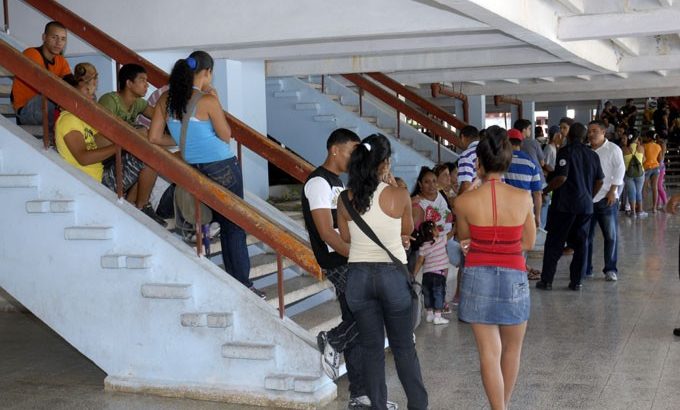
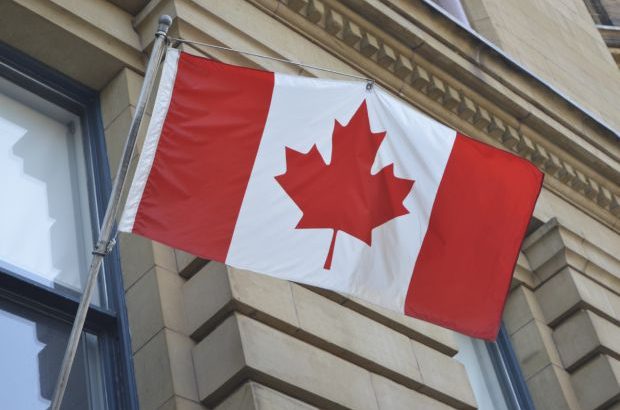
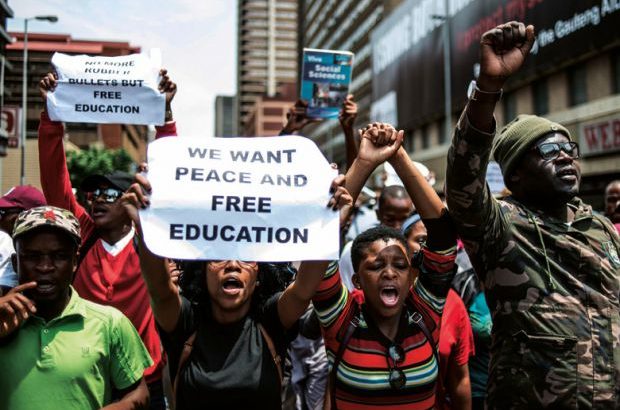

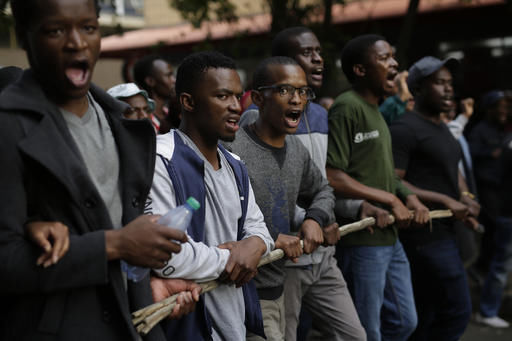
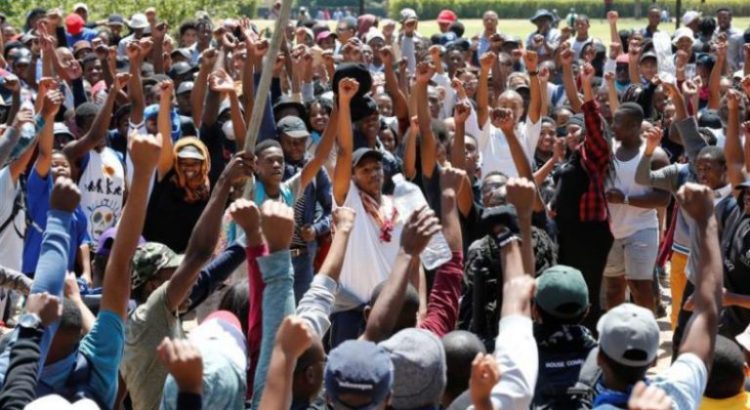








 Users Today : 18
Users Today : 18 Total Users : 35460709
Total Users : 35460709 Views Today : 34
Views Today : 34 Total views : 3419858
Total views : 3419858